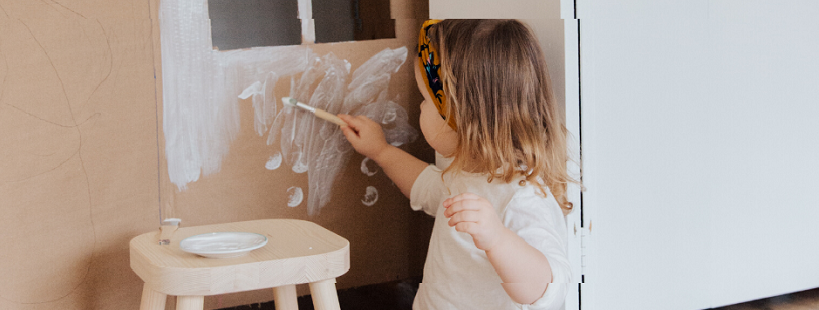It is time to take a look at all the learning areas one by one. This week we focus on the third one, Me and my community!
Find out why this learning area is important for children's development and what learning objectives are included in this learning area.
As a surprise gift, you will get one free lesson plan that includes an activity based on experimental learning. The activity is planned by Kindiedays lesson plan expert Stella Giota to match this learning area's objectives.
.png)
Learning about diversity and equality
Starting early childhood education is a big change for small children. Earlier in their life children have mostly been around familiar people and familiar traditions, but in preschool/kindergarten, children meet many new people and learn many new ways of doing things.
Therefore, according to Helsinki city curriculum, the purpose of ECEC is to develop the children’s abilities in understanding the diversity of their community and practice being a member of the community.
The world where we live is very rich, diverse, and multifarious. It is important that children learn to respect all cultures, heritages, diversities, abilities, and genders. All people are equal no matter what.
Me and my community learning area prepares children to act in their communities with diverse people. It also helps children to understand how their community has been in the past, and what it is going to look like in the future. Children can also ponder what kind of actions are good for our community and the world we live in. Also, media education and ethical thinking are part of this important learning area.
Learning objectives
Each Learning Area has its own objectives that work as a tool for educators' planning and assessment process. Below, you can find all the learning objectives (35) of the Me and my community learning area:
A new child starting at the ECEC center? Download a free child resume!
Ethical thinking
- I think about ethical questions
- I practice reflecting on ethical questions that concern children
- I discuss ethical questions with the group of children and the teacher
- I take part in making the rules of the group
The presence of the local community
.png)

.png)